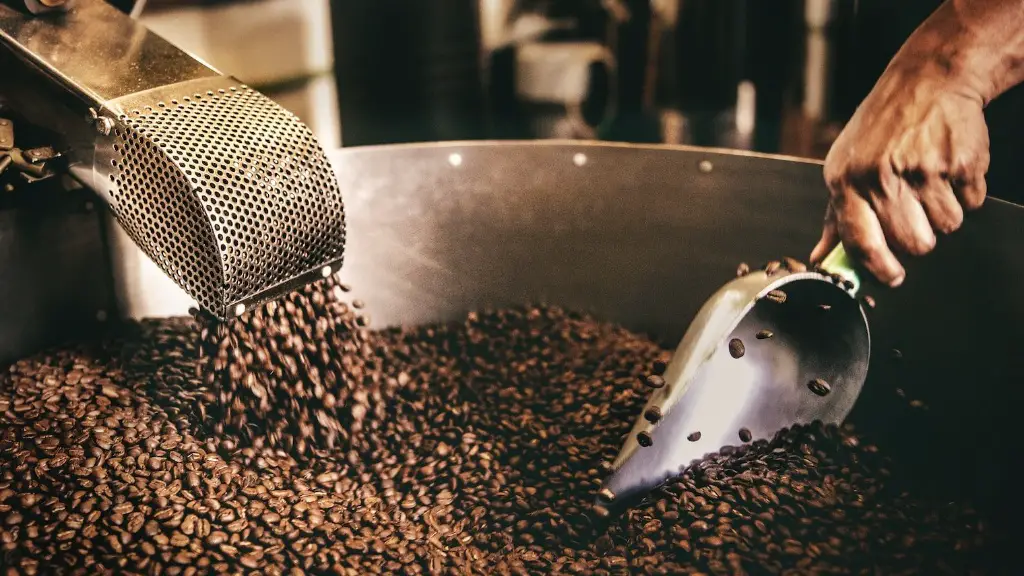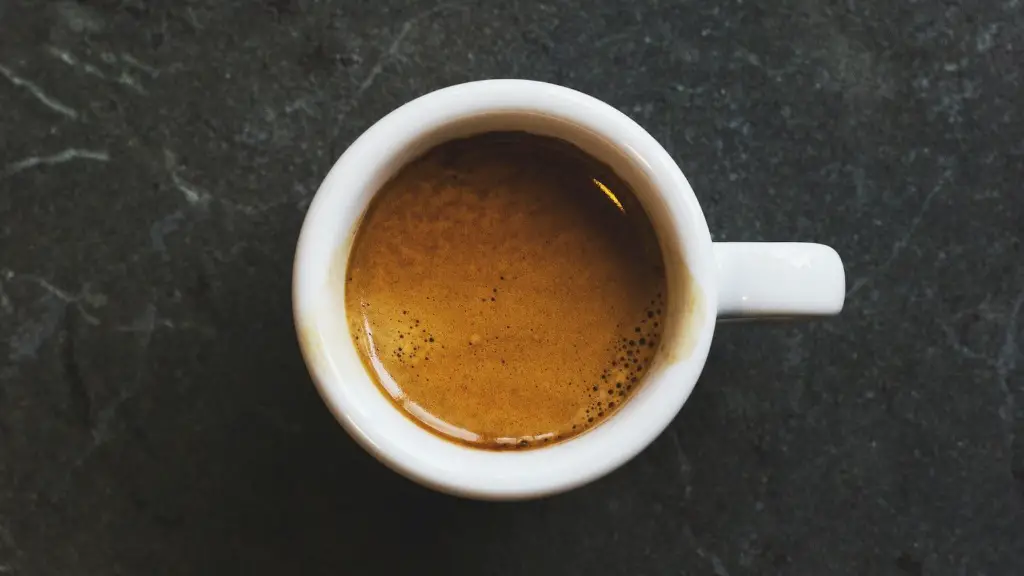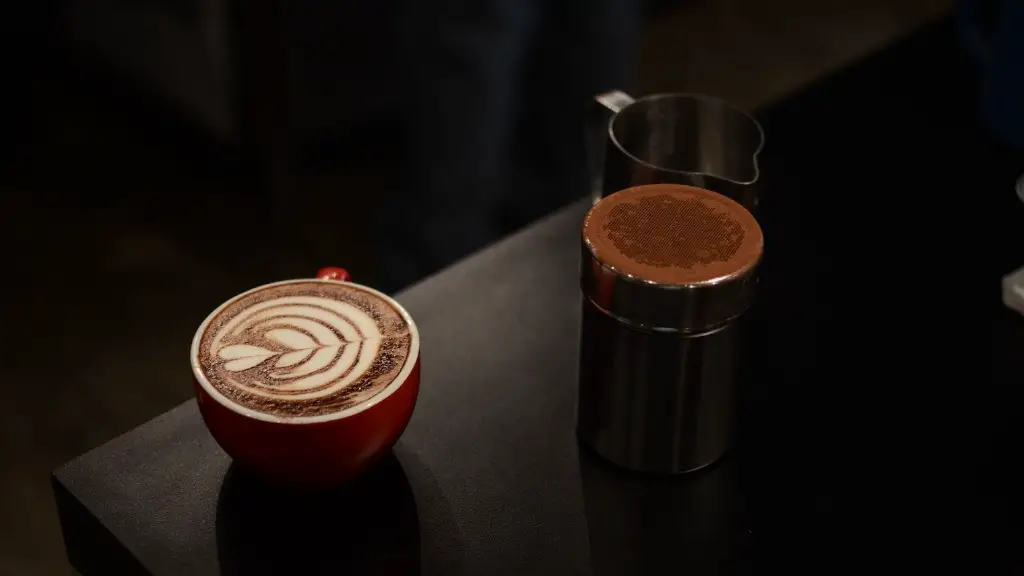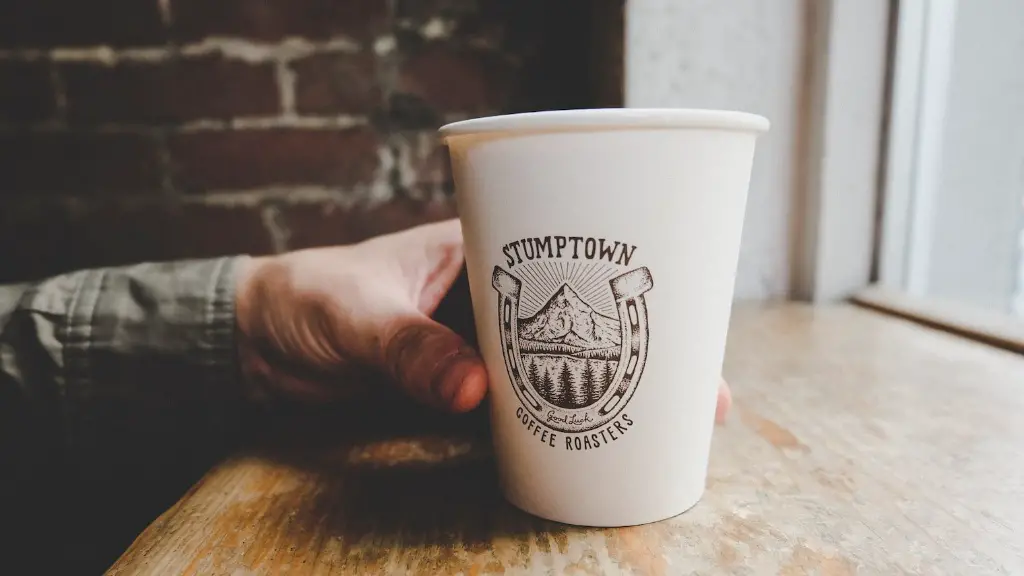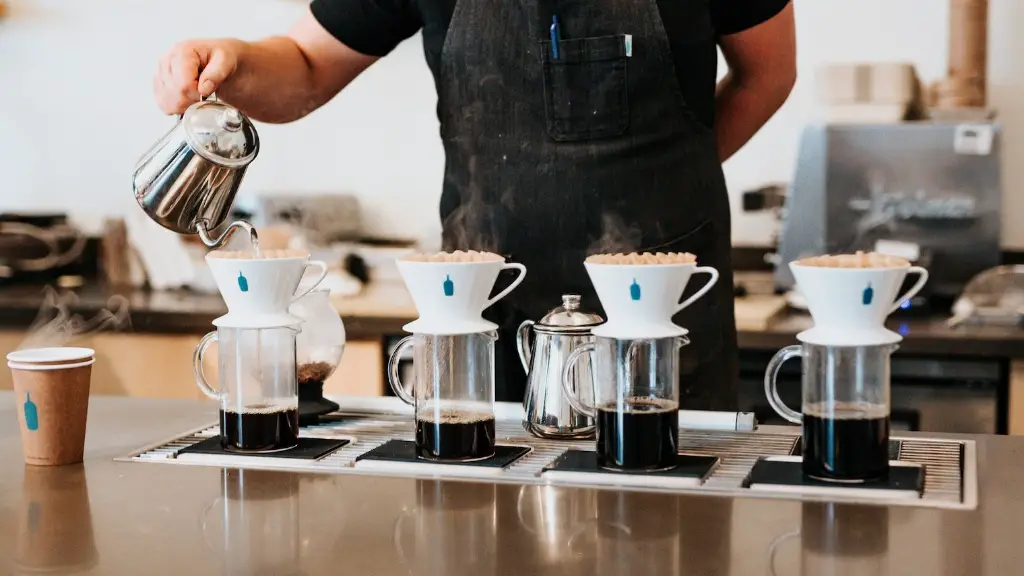Intermittent fasting is becoming increasingly popular due to its potential health benefits such as improving metabolism, reducing inflammation, and reducing the risk of chronic diseases. But when you’re following a fasting regimen, that usually means no food — but what about coffee? Can you still enjoy coffee while fasting?
The answer to that question is yes, you can still drink coffee while fasting, although you may need to adjust how much coffee you consume or how you drink it. Coffee is technically calorie-free, so it won’t break your fast — but there are other factors to consider. Here’s what you need to know about drinking coffee during intermittent fasting.
A Matter of Type
Coffee is calorie-free and will not break a fast — but what type of coffee you’re drinking does matter. If you’re drinking plain black coffee, then there’s no issue. Black coffee is simply brewed coffee beans that are unfiltered and have not been mixed with any added ingredients, such as cream or sugar. As long as you’re not adding anything caloric to your coffee, it’s safe to drink while fasting.
However, if you’re drinking something with added ingredients or sweeteners, then you will break your fast. While things like almond milk or coconut milk are fine to add in small amounts, items like cream and sugar will cause you to break your fast. So, if you’re drinking coffee while fasting, plain black coffee is the way to go.
The Caffeine Content
Caffeine content is another factor to consider when drinking coffee while fasting. Caffeine is a stimulant that can increase alertness and energy, and it has been shown to boost people’s metabolic rates. That’s why many people opt to drink coffee while fasting — the caffeine helps to keep their energy levels up and may even help them to burn more calories.
But it’s important to note that too much caffeine can have a negative impact. High doses of caffeine can cause insomnia, jitteriness, and anxiety. So if you’re drinking coffee during a fast, it’s important to monitor your caffeine intake and not overdo it. Opt for decaf or light-roast coffee, and drink it in moderation. Too much caffeine can disrupt your fast and cause negative side effects.
The Benefits of Coffee
Although the idea of drinking coffee while fasting may seem counter-intuitive, there are some benefits to be had from doing so. For one, the caffeine in coffee can help to give you an energy boost, which can be useful when you’re feeling a bit sluggish due to fasting. Additionally, drinking coffee may help to curb your appetite and reduce hunger cravings, making it easier to stick to your fasting regimen.
Coffee can also be a great source of antioxidants, which can help to reduce inflammation and protect against cell damage. Additionally, black coffee has been shown to help increase metabolic rate, which can be beneficial if you’re trying to lose weight while fasting. Overall, coffee can be beneficial to your health, but it’s important to remember to drink it in moderation while fasting.
When to Drink Coffee
When you’re fasting, timing matters — and that applies to coffee too. When you’re following an intermittent fasting protocol, you’re typically restricting your eating window to a 6-8 hour period. So, if you decide to drink coffee during this window, it’s important to remember that the caffeine from the coffee can have an appetite-suppressing effect, which could make it difficult to consume the calories you need. So, it’s best to drink coffee outside of your eating window, or stick to decaf so that you’re not suppressing your appetite too much.
Benefits from Intermittent Fasting with Coffee
Intermittent fasting can provide numerous health benefits, such as improved metabolism and reduced inflammation. These effects can be enhanced by drinking coffee while fasting, as long as you’re staying within the guidelines of your fasting protocol and not overdoing your caffeine intake. From providing an energy boost to curbing hunger, coffee can be a great addition to intermittent fasting — just make sure you’re drinking the right type and amount.
Additional Considerations
When drinking coffee while intermittent fasting, it’s important to keep in mind that coffee is still a diuretic and can cause dehydration if overindulged. So, make sure you’re also drinking plenty of water throughout the day. Additionally, if you’re sensitive to caffeine, then it’s best to stick to decaf coffee or to forgo coffee altogether during your fasting window.
Best Practices When Drinking Coffee During Fasting
Drinking coffee while intermittent fasting is a great way to get the benefits of both activities. It’s important to remember that plain black coffee is the best choice when fasting, and to make sure you’re not overdoing your caffeine intake. Additionally, it’s best to drink coffee in moderation and to drink plenty of water throughout the day to stay hydrated.
Strategies to Maximize the Benefits of Coffee During Fasting
The right strategies can help you maximize the benefits of drinking coffee while intermittent fasting. First, always opt for black coffee, as this will help to ensure that you don’t break your fast. Additionally, be aware of your caffeine intake and opt for decaf coffee or coffee with a lower caffeine content. Additionally, coffee can be beneficial if you’re trying to lose weight, as it can help to suppress your appetite — just make sure you’re doing so outside of your eating window.
Options for Coffee Alternatives
If you’re fasting and feel that coffee is not an option for you, then there are other alternatives you can turn to. Green tea is an excellent choice, as it contains beneficial antioxidants and a moderate amount of caffeine. Additionally, herbal teas such as chamomile, ginger, and peppermint are also beneficial and can help to keep you feeling full and energized throughout the day.
Precautions to Consider While Fasting and Drinking Coffee
When fasting and drinking coffee, it’s important to take certain precautions. First, it’s best to reduce or avoid sugar and cream, which can cause you to break your fast. Additionally, be aware of your caffeine intake, as too much caffeine can have a negative impact on your health. Finally, make sure you’re staying hydrated and drinking plenty of water throughout the day.
